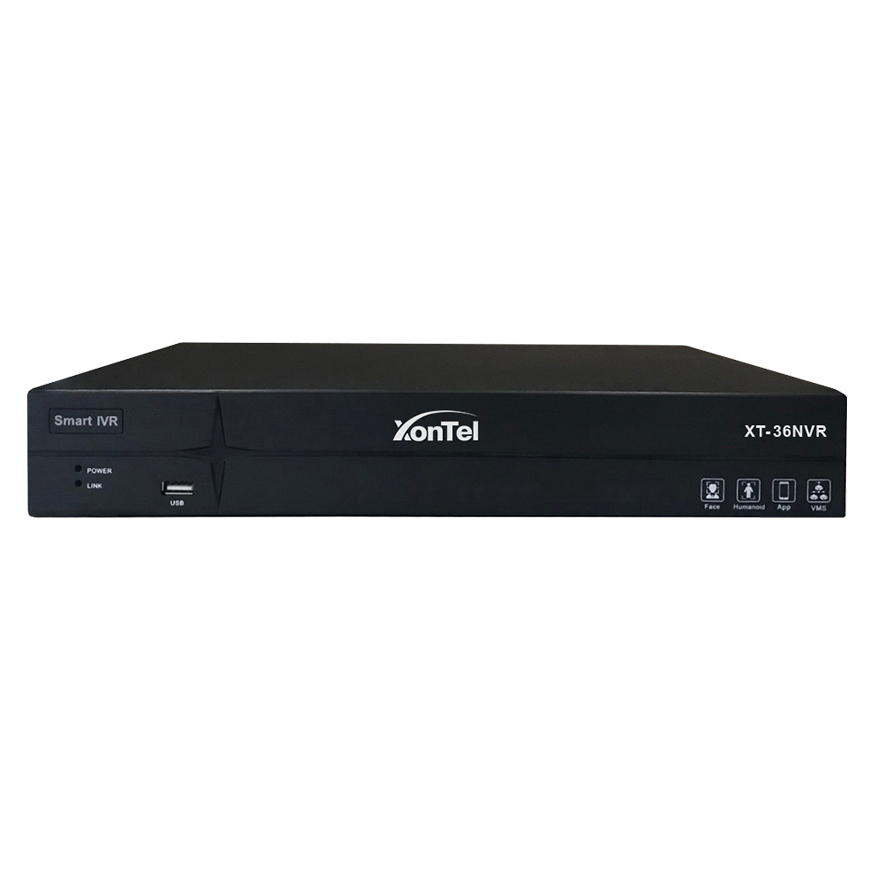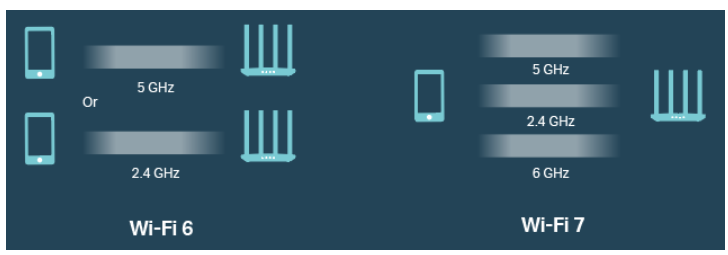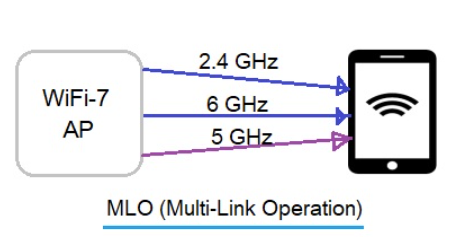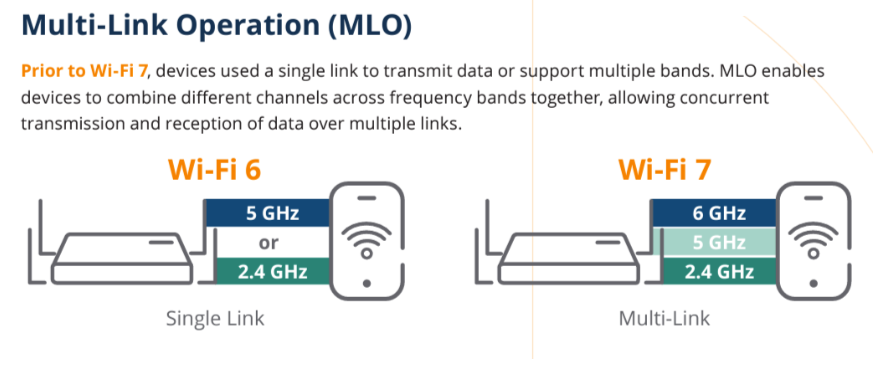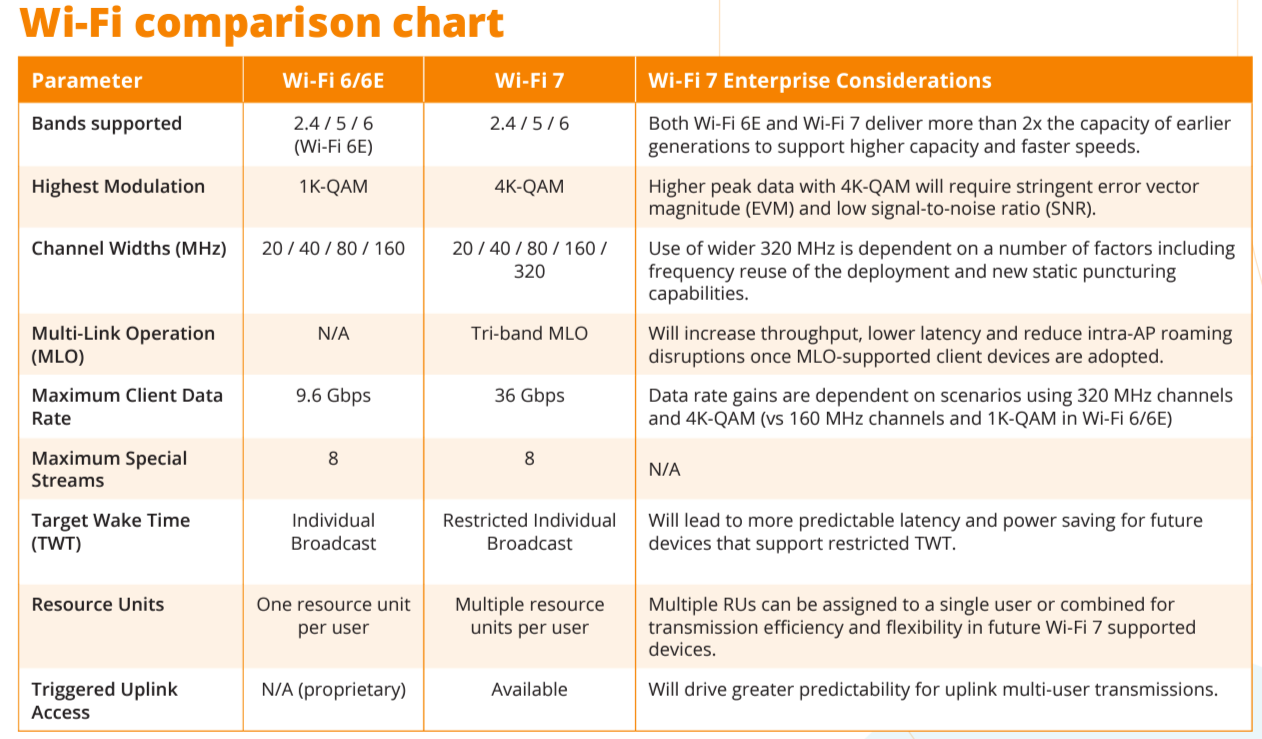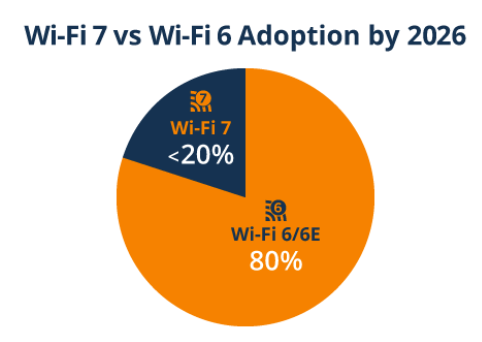In the fast-paced business environment within the Kuwaiti market, communications are no longer just a means of talking; they have become the backbone of employee productivity and customer satisfaction.
The search for the best telecommunications company in Kuwait requires finding a partner who understands the nature of the local market and provides technology that combines efficiency with smart cost management.
In this article, we highlight how to choose the most suitable PBX system for companies in Kuwait for your business, and why the market is currently shifting toward software-based and cloud solutions.
Why does your business need an advanced communication system?
Searching for telecommunications companies in Kuwait is not limited to simply obtaining phone devices; it involves organizing call flow, connecting branches, and providing advanced features such as voicemail, call forwarding, and detailed reporting.
Features of the best PBX system for companies:
- Cost Reduction: VoIP technologies significantly reduce international and local communication bills.
- Flexibility: The ability to work from anywhere (Work from Home) through smartphone applications connected to the PBX system.
- Ease of Management: Simple software interfaces that allow you to add new users in seconds.

XonTel: the smart and stronger alternative to Avaya systems in Kuwait
Companies previously relied on Avaya systems, but with rising maintenance and upgrade costs, organizations today are looking for an Avaya Kuwait alternative that provides:
- Lower operating costs
- Fast local technical support
- Scalability and flexibility
- Integration with CRM systems
Avaya has always restricted its devices to work only with certain systems, but at XonTel, we offer software and cloud solutions that surpass traditional systems. Our platforms support global SIP protocols, giving you the freedom to choose IP phones without being tied to a specific brand, positioning us among the leading telecommunications companies in Kuwait that provide flexible and scalable solutions. XonTel delivers advanced solutions as the best alternative to traditional Avaya systems, offering strong performance and ease of use.
Professional PBX Installation Services
Installing a PBX is not just about connecting wires; it is an engineering process that begins with assessing your company’s needs, designing the communication network topology, and then programming and testing. XonTel provides comprehensive PBX installation services that include:
- IP-PBX Systems: Ideal for companies with an existing network infrastructure.
- Cloud PBX: The perfect solution for start-ups and medium-sized businesses that do not want to invest in on-premises server hardware.
How to Choose the Best Telecommunications Company in Kuwait?
When choosing between companies, make sure to consider:
- Technical Support: Fast response in emergency situations.
- System Updates: Ensuring you have the latest security and technical features.
- System Integration: The PBX’s ability to integrate with customer relationship management (CRM) software.

Conclusion
If you are looking for a PBX for companies in Kuwait that combines power, ease of use, and competitive pricing, or if you want to upgrade your current system or need a Kuwait Avaya alternative, XonTel provides the technology that keeps your business always connected. We believe the best PBX for companies is one that grows with your business and makes communication with your customers seamless at all times.
Do you want to upgrade your company’s communication system? Contact our team of experts at XonTel today for a free consultation and to design the optimal system for your business.






















